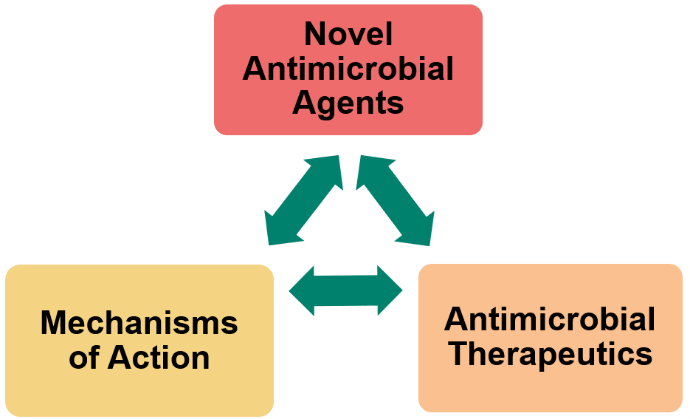.png?sfvrsn=c096139b_1)
Ning LI
Li_Ning@a-star.edu.sgBIOGRAPHY
Ning graduated from the National University of Singapore (NUS) with a Degree in Engineering and obtained his PhD in Chemistry from the University of Cambridge. His doctoral thesis was on metal-based clusters and coating application. After completing his PhD in 2018, he returned to Singapore and joined the NanoBio Lab (NBL) to study synthetic ion transporters with Dr. Huaqiang Zeng, and later moved to the Institute of Bioengineering and Bioimaging (IBB) to work on antimicrobial coatings and small molecules with Dr. Yi Yan Yang. In 2023, he joined Prof. Yue Wang's team at the A*STAR Infectious Diseases Labs (A*STAR IDL) to explore the antifungal activity of cationic-charged supramolecules for potential therapeutic purposes. Later in 2024, he was promoted to an independent investigator to lead the Antimicrobial Chemical Biology Lab within A*STAR IDL.
Ning has received several early-career research grants to support his antimicrobial research, including the MTC Young Individual Research Grant, the NMRC Open-Fund Young Research Grant, and the SRIS Joint Research Grant.
RESEARCH FOCUS
The primary focus of the team is to develop new antimicrobial agents with novel mechanisms of action for therapeutic applications.
Due to the misuse/overuse of existing antimicrobial drugs and some other factors such as global warming, we are witnessing the emergence and rapid increase of multidrug resistant bacterial and fungal superbugs that are causing difficult-to-treat and sometimes fatal infections. Most, if not all, of the new antimicrobials in development are simply structural derivatives of existing drugs that target proteins, makes them inherently susceptible to resistance development via microbial genetic mutations and hence suboptimal options to address the antimicrobial resistance (AMR) crisis we now face.
Bacterial and fungal cells have polysaccharide cell walls that we humans do not have. Their cell membranes also differ from those of humans in terms of surface charge and chemical composition. These differences allow us to develop novel antimicrobial agents that target and disrupt microbial cell walls and/or cell membranes, while sparing host cells. In our lab, we aim to (1) design and synthesize new antimicrobial agents, (2) understand their mode of interaction with microbial cell surfaces and host tissues, and (3) translate lab findings into clinically applicable therapies for the treatment of infectious diseases. We take a multdiscipilinary approach to achieve our research goals, including microbiology, chemistry, materials engineering, molecular biology, in silico simulations and modelling.
Other research interests include antimicrobial surface coatings, antiviral compound designs, and related biomedical devices and applications.

CURRENT PROJECTS
Lab Members
| Postdocs (PhD) | Research Officers | PhD/Undergraduate Students | ||
|---|---|---|---|---|
|
|
A*STAR celebrates International Women's Day

From groundbreaking discoveries to cutting-edge research, our researchers are empowering the next generation of female science, technology, engineering and mathematics (STEM) leaders.
Get inspired by our #WomeninSTEM
.png?sfvrsn=b11c2136_5)